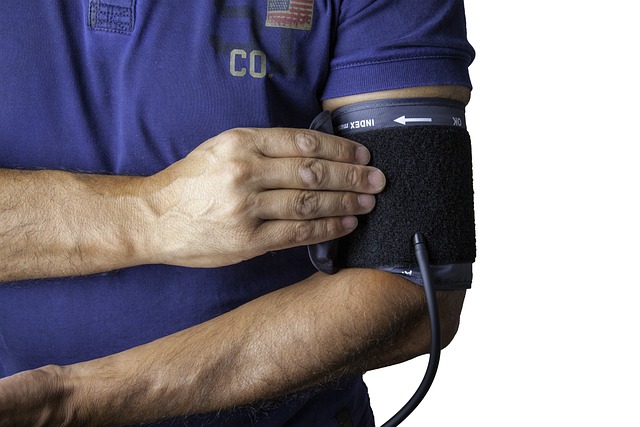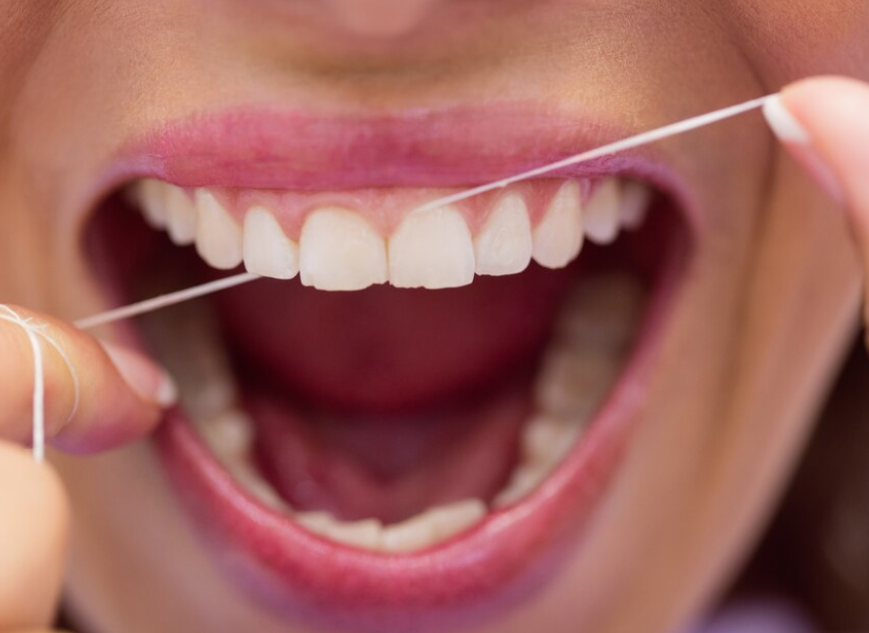Top 5 Antihypertensive Drug Interactions

If you work with patients at all, you’ll see some of the most common antihypertensive agents used on a daily basis. The reason they are used so frequently is because they do not tend to have many significant drug interactions. However, some do exist and I wanted to provide my top 5 antihypertensive drug interactions. Feel free to leave a comment below if you have other suggestions for this list!
ACE/ARB/Diuretics With NSAIDS
ACEs, ARBs, and diuretics (particularly thiazides) are some of the most commonly used class of medications for the management of hypertension. NSAIDs are available over the counter but do carry significant risks when used in combination. The risk for renal impairment goes up significantly when this combination is used and we need to monitor serum creatinine and renal function closely.
Diuretics/ACE/ARB With Lithium
Lithium isn’t used incredibly often but it is a medication that can be used for bipolar disorder. The risk for lithium toxicity rises when we use these antihypertensive agents in combination. I’ve outlined my top 5 lithium interactions in the past if you’d like further reading on this. This is definitely something you should pay attention to on board exams!
CYP3A4 Inhibitors and Amlodipine
The concentration of amlodipine can be increased with the use of CYP3A4 inhibitors. We’ve put together a list of commonly used CYP3A4 inhibitors in our free drug interaction PDF for subscribers. It is not a total contraindication to using amlodipine but I think it warrants additional monitoring when using a CYP3A4 inhibitor with amlodipine.
Beta-Blockers and Beta-Agonists
Beta-blockers can impair the action of beta-agonists which are commonly used in asthma and COPD. Selectivity of the beta-blocker is important as the non-selective agents (and higher dosages) will typically impact respiratory medications to a greater extent. Metoprolol tends to be more cardioselective while an agent like propranolol may be more likely to blunt the beta-2 agonist action of respiratory medications.
Thiazide Diuretics and Allopurinol
Last on my list of antihypertensive drug interactions is gout flares. Allopurinol is one of the most commonly used gout medications that reduce uric acid. Thiazide diuretics like hydrochlorothiazide and chlorthalidone can raise uric acid levels and increase the likelihood of a gout flare directly counteracting the effects of allopurinol.
There you have it, my top 5! What other antihypertensive drug interactions would you add to this list?
Did you enjoy this blog post? Subscribers are emailed new blog posts TWICE per week! In addition, you’ll get access to the free giveaways below. Over 6,000 healthcare professionals have subscribed for our FREE Giveaways. Why haven’t you?!
For more information on these agents, be sure to check out these podcast episodes:


